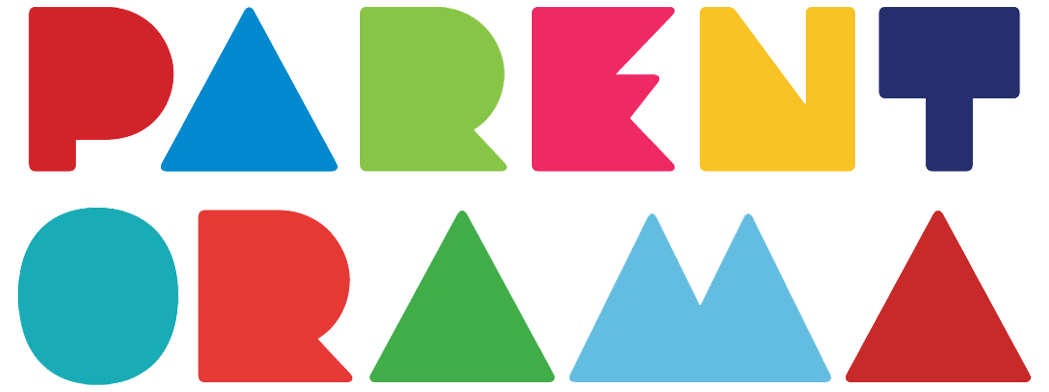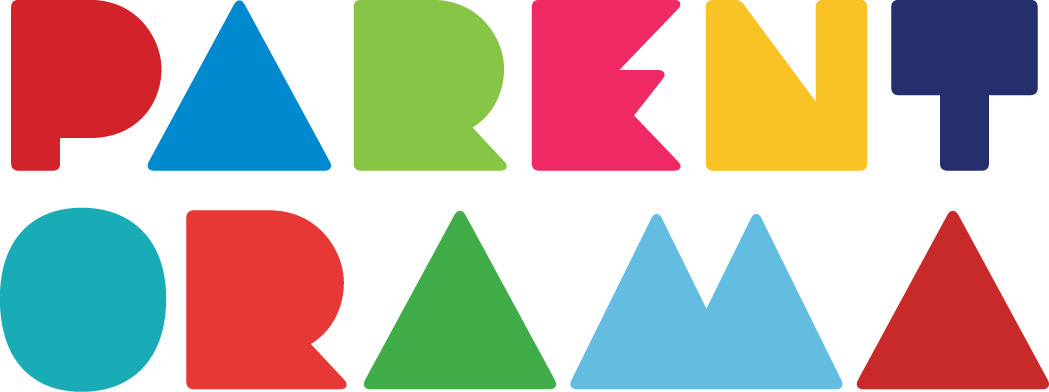In his new book, “Training Children” (Odile Jacob), the most well-known pediatrician in France explains why our children are worse than before and encourages parents to take on the role of guide without fear.
He reminds us of his desire for the return of the father, criticizes the “sacred” belief that children should eat whenever they want, challenges the omnipotence of the mother, and expresses his views on the positive role of pain in childbirth. For the past 25 years, pediatrician Aldo Naouri has been analyzing each of the fundamentals concerning birth and modern education.
A small child is a personality worthy of respect. However, they are not yet an equal conversation partner.
What does it matter if experts shout blasphemy and question the legitimacy of referring to the subconscious, like a psychoanalyst, when they have never dealt with it? Naouri continues to admonish. In the name of parents who have been disoriented for 30 years by conflicting theories on child-rearing, his books have become a remarkable success, although they are characterized as “reactive.”
In his book “Training Children,” released on March 20 by Odile Jacob, Naouri urges parents more than ever to firmly take back control of their children’s upbringing. According to Naouri, today’s “problematic children,” the difficult, restless, and unhappy children, whose numbers are increasing, are poorly raised children.
The interview in the magazine “Le Point”:
Le Point: Are our children doing so poorly?
Aldo Naouri: I believe so. In the 40 years I have practiced my profession, I have seen how much things have changed. Their physical health has significantly improved, but for the past 10 to 15 years, they have been experiencing behavioral and developmental problems that were unknown in the past.
Le Point: For example?
Aldo Naouri: They exhibit difficulties related to delayed language learning, school problems, and issues with hyperactivity. The proof? The incredible growth of professions aimed at “rehabilitation,” such as those related to psychometrics or speech therapy.
Le Point: In your opinion, before parents turn to a psychologist, they should fulfill their guiding role throughout childhood. However, they don’t do this. Why?
Aldo Naouri: At the root of this “lack of guidance” are two fundamental issues.
The first is the control of births through contraception since 1975. Obviously, this pleases me. But it changes everything. The baby is no longer an unintentional result of sexual intercourse, but the result of the will of both parents, thus placed at the top of the family structure.
The second is the transition during the same period from a society of scarcity to a society of abundance. This also pleases me. However, in a society of scarcity, like the one we experienced before the ’70s, the underlying message in education was: “You can’t have it all.” It provided a context that could only be characterized as one of denial, which psychoanalysts refer to as lack, and which I believe is essential in a child’s upbringing from a very young age.
Today, the message of the consumer society, and thus that of the parents themselves, is: “Not only can you have it all, but like us, you have the right to everything.”
Le Point: Your theory may apply to affluent neighborhoods, but much of society today is excluded from abundance. Children in challenging neighborhoods are disillusioned and not doing well.
Aldo Naouri: I also come from misery, from which I managed to escape, and I am not the only one from my generation. However, I grew up in an era where the message was: “You can’t have it all, but you can strive to have as much as possible.” What is terrible is to grow up in deprivation while society makes you believe that you have the right to everything. It’s something that can drive you crazy.
Le Point: Why do so many parents complain that they cannot take on a guiding role?
Aldo Naouri: What underpins guidance is not anger; it is not slapping or hitting, which I condemn. It is the hierarchy within the family and, above all, the sense that it exists. When there is no doubt about the right to guide, when we do not use methods of persuasion, then the role of the guide functions. Many parents get involved in negotiations, bargaining with their children. But we are negotiating with an individual equal to us!
Le Point: Isn’t that individual a child?
Aldo Naouri: A small child is a personality worthy of respect. However, they are not yet an equal conversation partner.
Le Point: Isn’t it your fault, the pediatricians, psychologists, and other child specialists, that parents do not feel like guides? The books and grand theories you know and practice do not show that you are the ones who have deprived them of that role?
Aldo Naouri: Absolutely! But don’t include me in that. My entire work for the past thirty years has been precisely to convince parents to rediscover their position and regain confidence in themselves. I once told Françoise Dolto, “Because of your views, parents have become mute, so I advise them not to listen to you!” She had such a talent that she rendered parents paralyzed. I prefer parents who make mistakes but take responsibility and their rights, with those “high up” and the children “low down,” rather than those who resort to the recipes of psychiatrists.
Working mothers have found a simple way to manage their narcissism: trying to make up for the ten hours of their absence each night in just an hour and a half, they want to be loved by their small children by catering to all their needs, completely at their disposal. This is a destruction!
Le Point: But today’s women work and invest outside of their children. How can they make themselves available to them?
Aldo Naouri: By trying to make up for ten hours of absence each night in just an hour and a half! What a mistake! I try to convince them that their presence is not as significant as they think, and that their babies, five minutes after seeing them, feel as if they’ve had them all day long. They don’t need to “make up” for anything.
Le Point: One can sense your compassion for fathers… It’s a bit intense, just as we are coming out of a patriarchal society, and men and women are only just beginning to experience equality, and you’re lamenting for poor fathers.
Aldo Naouri: The father and the mother are not equal. The prenatal bond leaves indelible marks on children, who immediately know who their mother is, from whom they cannot “free” themselves, while the father is a stranger to a baby. The mother must invest in her role, and society must support her in her rightful position, which is not interchangeable with that of the voiceless mom. We do the opposite, and everyone loses. Do you remember Judge Bruel’s report on violence in the suburbs in 1998? The diagnosis was undoubtedly: a lack of father!
Le Point: But today’s fathers are more present; they invest much more in their children.
Aldo Naouri: That’s wonderful, but once again, if they are not recognized in their role by the mother’s voice and society as a whole, if they are considered like second mothers, they have nothing to add to the child’s education. A father can be constantly present and still have no say. That’s how I see it! It’s not about introducing a fifteen-day paternity leave that will restore his position. It’s encouraging for society and mothers to accept that the father plays an important dialectical role in education: attract the mother towards her femininity and break the mother-child bond.



